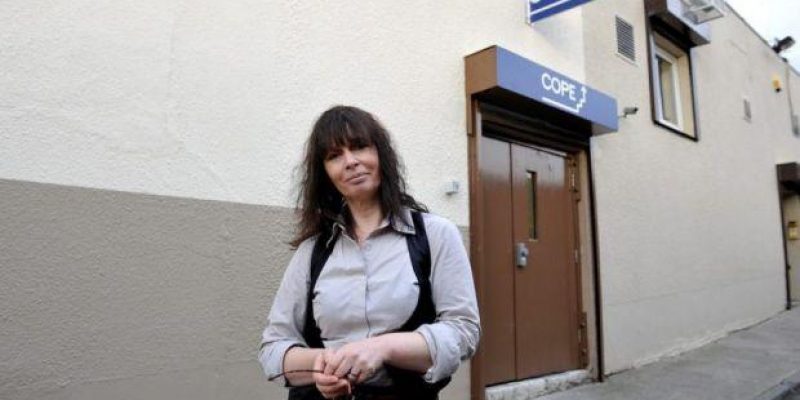
Loneliness and a lack of connection for people who want and need the companionship of others is one of the biggest challenges which face us today. Older adult day services closing or introducing new charges create whole new challenges for people who are growing older alone and who want more social contact than a flying visit from home support services.
But loneliness isn’t just a problem for older adults, it’s a problem for us all: in a world which has grown in how we can communicate, connect and share electronically we seem to have become more isolated. Even for those with many ‘friends’ on Facebook there can be feelings of isolation when not included in some event others have attended, or feeling you have nothing exciting to post. As for online bullying and nasty emails, a whole new nightmare of isolation is born as people fear what is being written about them or scared to open their e-mails, or see the words ‘unfriend’ (!), or find who you thought was your partner has just posted themselves as single which is total news to you.
I would encourage people to watch this Ted Talk from John Cacioppo: The Lethality of Loneliness. It suggests it is important for us not to feel lonely, that this is as essential for us as the air we breathe, food or water. It is a hunger which needs satiated or we suffer emotionally, psychologically and physically.
There isn’t always an easy answer: even when new community resources spring up bringing people together there can be groups form within that are seen as cliques. There are power dynamics and personality clashes in all group situations, sadly. This isn’t always easy to manage and can actually cause further isolation as people decide never to try and connect with others again as they have felt so left out and alone. Only we as people can decide we won’t bully, harass, be intolerant or unkind and ask ourselves: why would we want to do that in the first place?
For us to find new solutions to this wicked problem of loneliness we need to spend time talking to people and understanding from their point of view how this happened, what needs to change and how through working together we can get through this.
How can we create a kinder society which is tolerant and welcoming of others, where money doesn’t need to be the decisive factor in whether or not you can do things with others? We are fortunate in Scotland, there is recognition this is a problem and many partners, agencies and community groups are working together to do something about it. This year the Scottish Government released funding to help tackle loneliness and social isolation. I welcome VHS’s conference on 24th November to bring together people already making a difference, to look and see what else can we do.
And this is the secret, what else can we do? Loneliness isn’t going to be addressed by policy or process, it can only be addressed by people, and we are all people, so, we need to ask ourselves, what am I doing personally to make loneliness history ? It could be visiting an older neighbour or relative more often or planning something to bring people together. In Drumchapel plans are underway for how people can be less isolated over Christmas. A local community group – with the support of a local church and Area Partnership funding – is having community Christmas dinners on Christmas Day, with volunteers helping, e.g. by offering their cars for transport . There is also going to be a community swap shop and a Santa’s grotto.
Something as simple as sending someone a card over the festive period saying hello can make someone feel less alone, or if you live in flats why not plan a staircase party?
We know loneliness is wrong, we have it in us to make it right; simple acts of kindness can make a world of difference, so why not plan something for world kindness day which could act as a catalyst for change the rest of the year. Have a tea party, go a cycle ride together or start a community choir: Kindness Day.
We can all be an angel to someone, so what act of kindness will you do today, which may help someone else feel less alone?
Hilda Campbell is Chief Executive of Cope Scotland.
